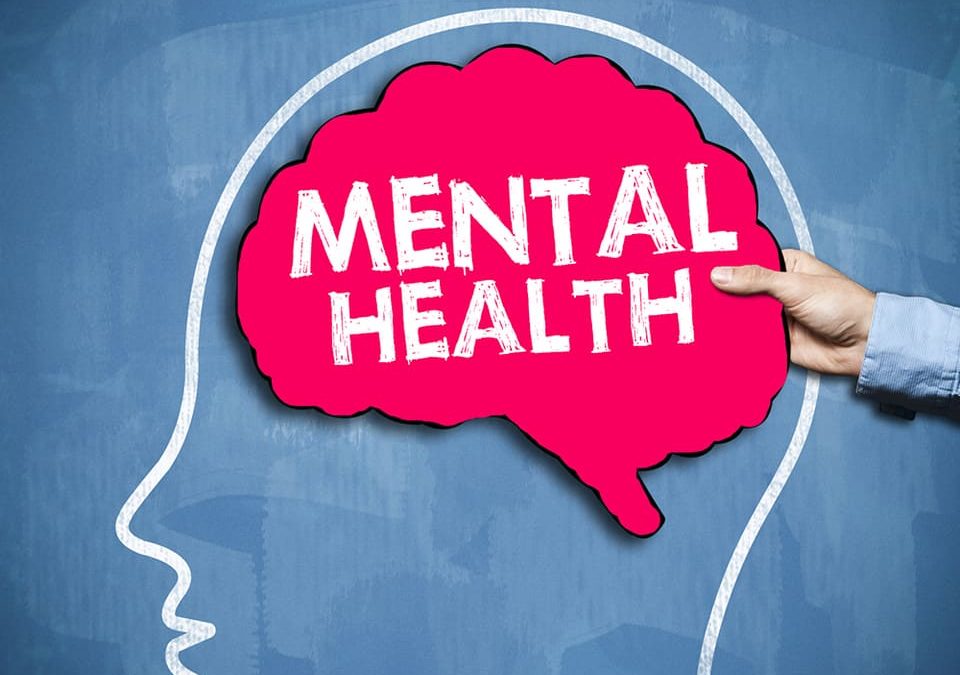The support network provided by family and friends plays a crucial role in maintaining and improving mental health. Their impact extends beyond emotional comfort to practical assistance and encouragement in seeking professional help when needed.
Firstly, emotional support from loved ones provides a sense of security and acceptance, which is essential for mental well-being. Knowing that one is cared for and valued can significantly reduce stress and anxiety levels during difficult times.
Practical support is equally vital. Family and friends can assist with daily responsibilities, such as household chores or caregiving duties, relieving some of the pressure that may contribute to mental strain.
Moreover, their encouragement and advocacy can be instrumental in accessing mental health services. They can help navigate the complexities of finding suitable therapists or treatment options, provide transportation to appointments, and offer reassurance throughout the process.

Furthermore, social support networks offer opportunities for meaningful social interactions, which are crucial for combating feelings of isolation and loneliness. Engaging in activities together, whether it’s a simple conversation or participating in shared interests, fosters a sense of belonging and strengthens bonds.
Additionally, family and friends can play a role in promoting healthy behaviors that contribute to mental well-being. Encouraging regular exercise, balanced nutrition, adequate sleep, and stress management techniques demonstrates a commitment to overall health and sets a positive example.
Lastly, maintaining open communication is essential. Being able to express thoughts and emotions without fear of judgment allows individuals to process their feelings more effectively and seek support when needed.
In conclusion, the role of family and friends in supporting mental health is multifaceted, encompassing emotional, practical, and social dimensions. Their involvement contributes significantly to resilience and recovery, emphasizing the importance of nurturing strong relationships and fostering a supportive environment for mental well-being.

